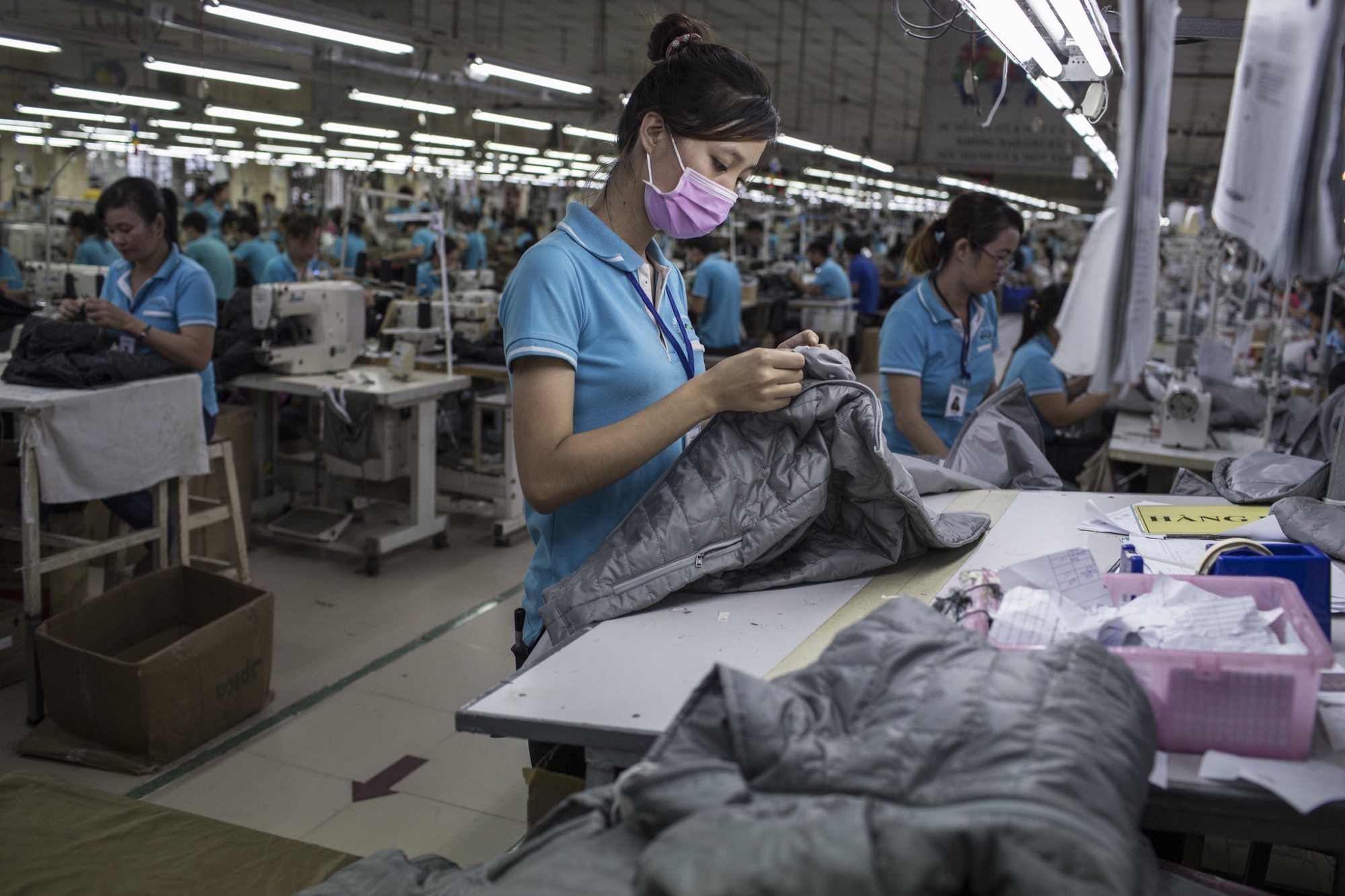The social responsibility of business is actually to ensure profits are shared equitably, argues a new report from Oxfam International.
Fifty years ago, Milton Friedman, an American economist, declared that business’ only responsibility is to make money for its owners, in his famous piece establishing shareholder primacy in the New York Times. Corporations and their investors quickly adopted this mantra — to do otherwise, Milton declared is to go against free-enterprise, after all, corporations are not people and therefore cannot have responsibilities.
Oxfam’s recent publication, Power, Profits and the Pandemic: From corporate extraction for the few to an economy that works for all, challenges these assumptions and highlights how the focus on shareholder primacy has funneled the value companies create to a few at the top, mostly men, while extracting from workers around the world.
This has not abated, even as the COVID-19 pandemic has devastated our global economy.
As millions are losing their jobs and family businesses are shuttered, the stock market is soaring and billionaire wealth continues to skyrocket — a windfall from increased dividend payouts. While 400 million jobs have been lost during the pandemic, 25 billionaires have seen their wealth increase by $255 billion.
In fact, Amazon’s Jeff Bezos could personally pay each his 876,000 employees a one-time $105,000 bonus today and still be as wealthy as he was at the beginning of the pandemic.
The problem of shareholder payouts
Our analysis shows that the world’s top companies spent the last four years intensifying their payouts to shareholders, distributing $1.8 trillion — 84% of profits — to shareholders.
Some of the biggest shareholder payouts last year came from Chevron, Procter & Gamble, and BP.
In dollar amounts, Apple towers above the rest — they distributed $81 billion to shareholders in 2019 alone.
Thanks to low interests rates, some corporations were even willing to go into debt to make their shareholders wealthier — despite an uncertain market ahead.
And here’s why that’s a problem: payouts to shareholders disproportionately go to the wealthy (as share ownership is skewed towards higher-income groups), hinder investment in workers and warp CEO incentives, and exacerbate CEO-worker pay gaps.
In addition, prioritizing payouts to shareholders means that industries now hurting in the pandemic have little money on hand to weather the storm, creating enormous job losses.
The responsibility of business to respect
Friedman’s contention that corporations are not people and therefore have no responsibilities but to make money contradicts international norms that were adopted unanimously by the UN Human Rights Council in 2011, the UN Guiding Principles on Business and Human Rights, But, it also does not comport with corporate talk, including the recent Business Roundtable statement on corporate purpose along with hundreds of statements and reports which companies put out to highlight how they are in fact a responsible corporate citizens.
While Friedman is correct, corporations are not individuals, they have nonetheless been engaging in the political process as if they were — rigging the rules of how society functions and deteriorating our democratic institutions in the process.
Free enterprise requires corporations to have rules and regulations so that the cost of doing business is not born by society as whole but by the enterprise creating the product — from minimum wages that respect the value of work to the cost of carbon — our economy is not one of free enterprise, it is one of corporate extraction for the few on the backs of the many.
To top it off, corporations have been contributing to society less and less over time — stagnate wages, lower tax rates and philanthropic donations that are a drop in the bucket in comparison to their profits.
Unrigging the system
The COVID-19 pandemic has been devastating but it can also be our catalyst for change.
We need a response to the immediate crisis that prioritizes support for workers and small businesses. This should include establishing a COVID -19 Pandemic Profits Tax to ensure shared sacrifice, and the redeployment of resources away from those cashing in on the pandemic and toward those bearing the burden.
Long term, Oxfam is asking policymakers and corporations to re-balance corporate purpose, profits and power away from exclusively benefiting executives and shareholders towards workers, suppliers, consumers and communities.
A corporate reform agenda must ensure every worker is paid a living wage, has a safe place to work and a voice in the workplace before a single dividend is paid to shareholders.
Corporations must pay their fair share of tax and policy makers must rein in corporate power to stop them from stacking the deck in the favor.
The choice is ours
We are at a critical juncture.
We have a choice between returning to ‘business as usual’ or learning from this moment to design a fairer and more sustainable economy. Fifty years is enough.
We must put people before profits, sacrifice for shared benefits, and shift power back to working communities.
To do this we will need to change the purpose of business and put Friedman to rest once and for all.
This entry posted 12 September 2020, by Irit Tamir, Director, Private Sector Department, Oxfam America.
Original source: Oxfam International
Image credit: Sam Tarling/Oxfam

